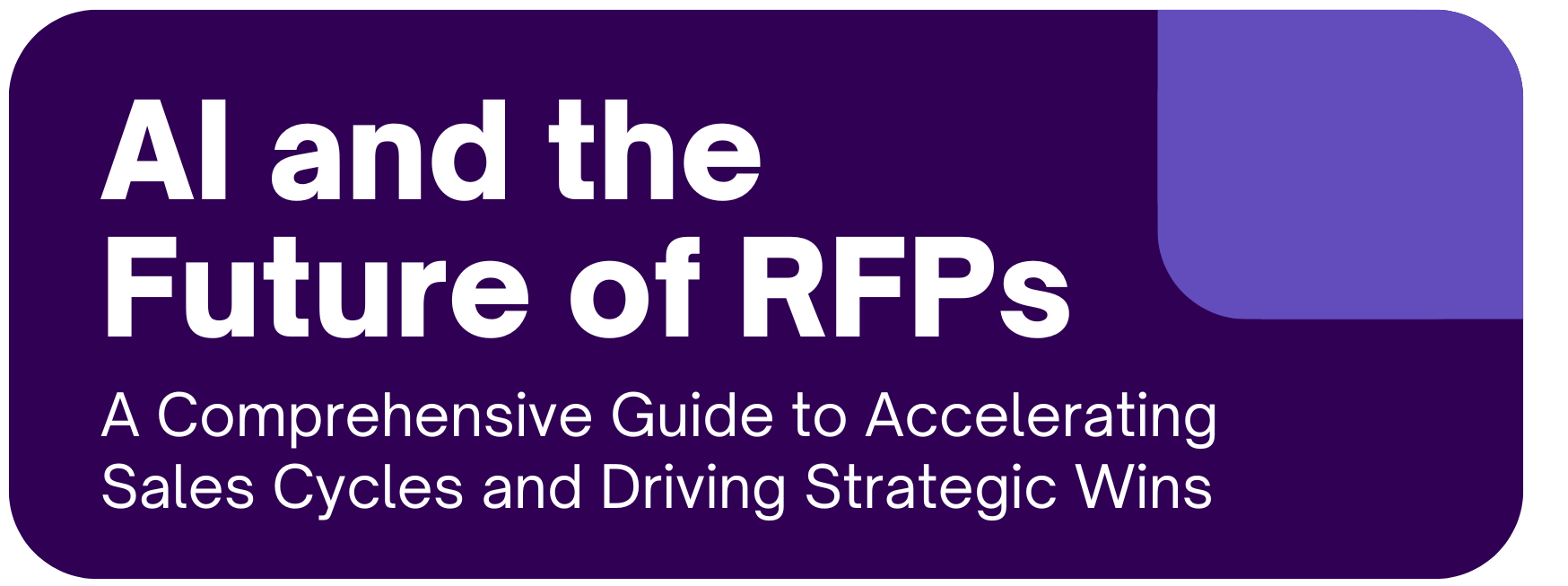
The landscape of enterprise software sales is undergoing a fundamental transformation. Request for Proposals (RFPs), long viewed as administrative hurdles, are emerging as critical strategic assets that can fundamentally differentiate companies in increasingly competitive markets. This transformation represents more than an operational shift—it marks a new era in how organizations compete and win in the enterprise software space.
Recent market analysis reveals compelling evidence of this shift. Sixty-four percent of companies experienced a 30% or greater increase in RFP volume year-over-year, while public sector spending reached an unprecedented $759 billion in 2023. Perhaps most tellingly, 80% of enterprise software deals now include formal security questionnaires, highlighting the growing complexity and strategic importance of the RFP process.
DOWNLOAD THE WHITEPAPER
Why This Matters Now
Enterprise Buying Has Evolved
- Enterprise software buying now prioritizes precision over speed.
- Buyers focus on mission-critical decisions, not just features.
- Procurement involves structured steps like RFPs, security reviews, and renewals.
The Rising Complexity of RFPs
- RFPs have become more complex and voluminous.
- Average RFP length grew from 116 to 167 pages, with technical sections up 43%.
- Security questionnaires now average 142 questions, up from 85.
AI is Revolutionizing RFPs
- AI is changing how organizations handle RFPs.
- It automates repetitive tasks and analyzes large data sets.
- Teams can create tailored responses faster and improve win rates.
